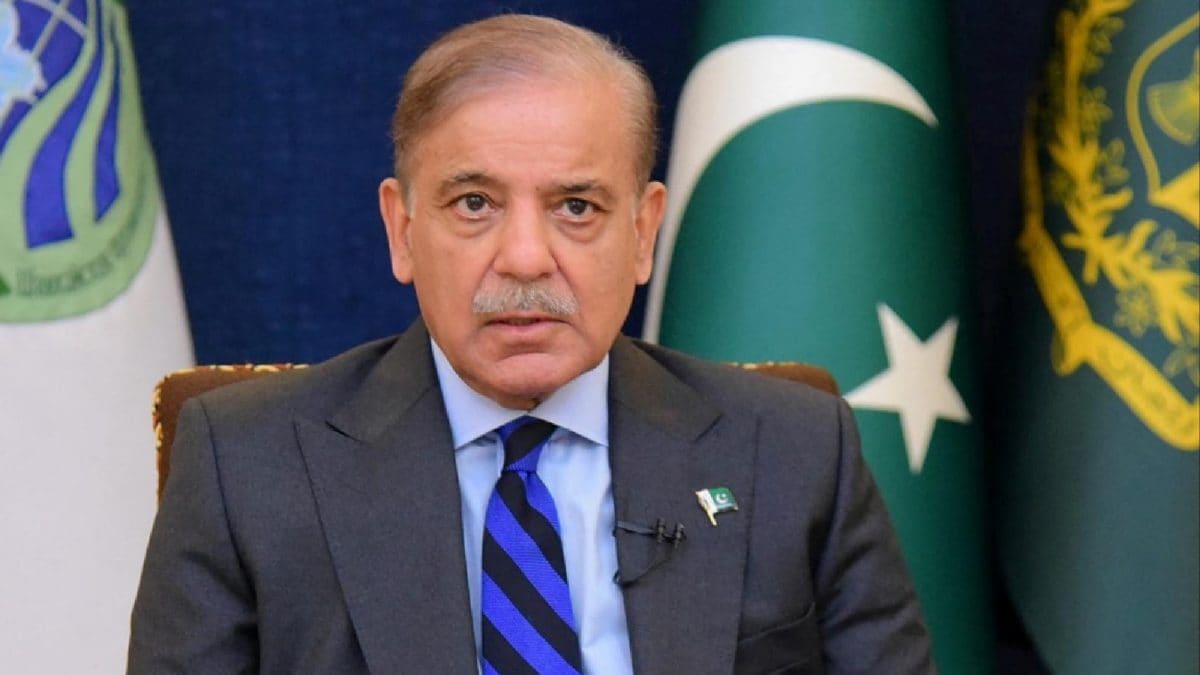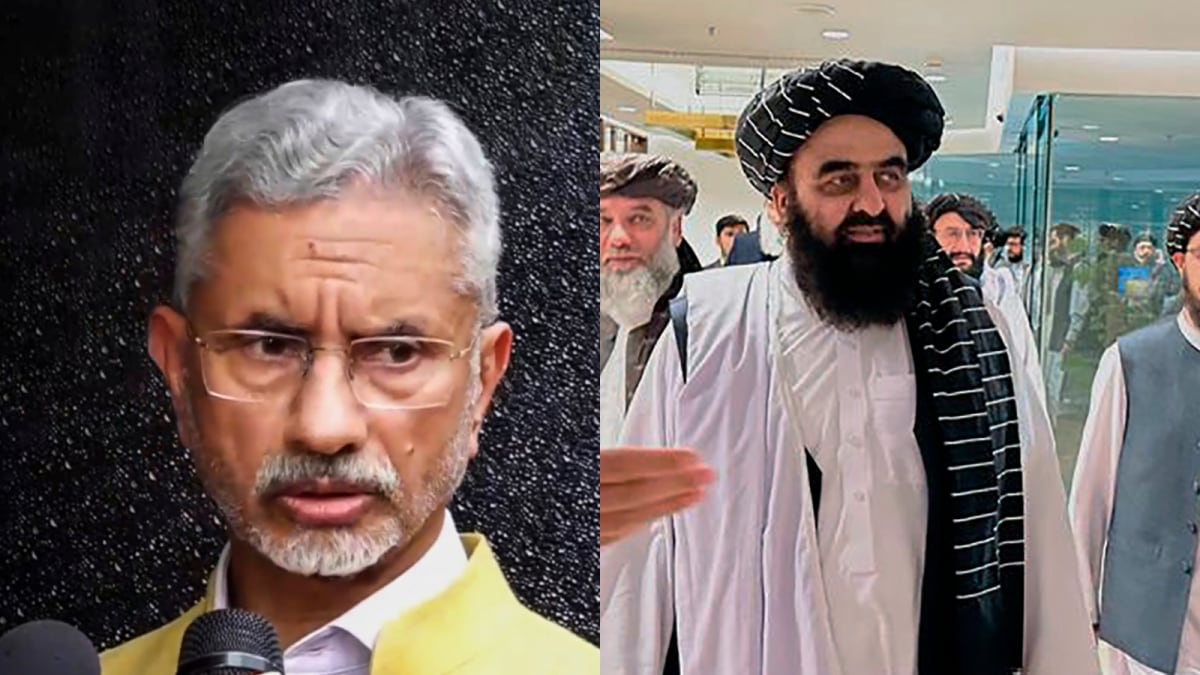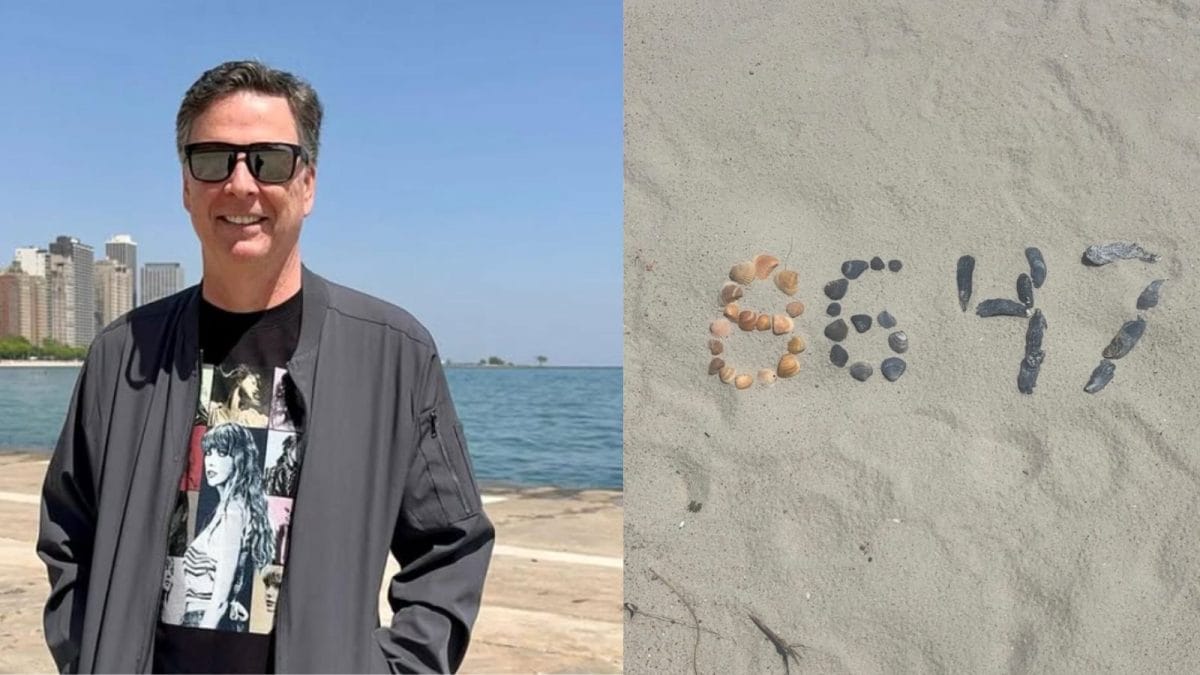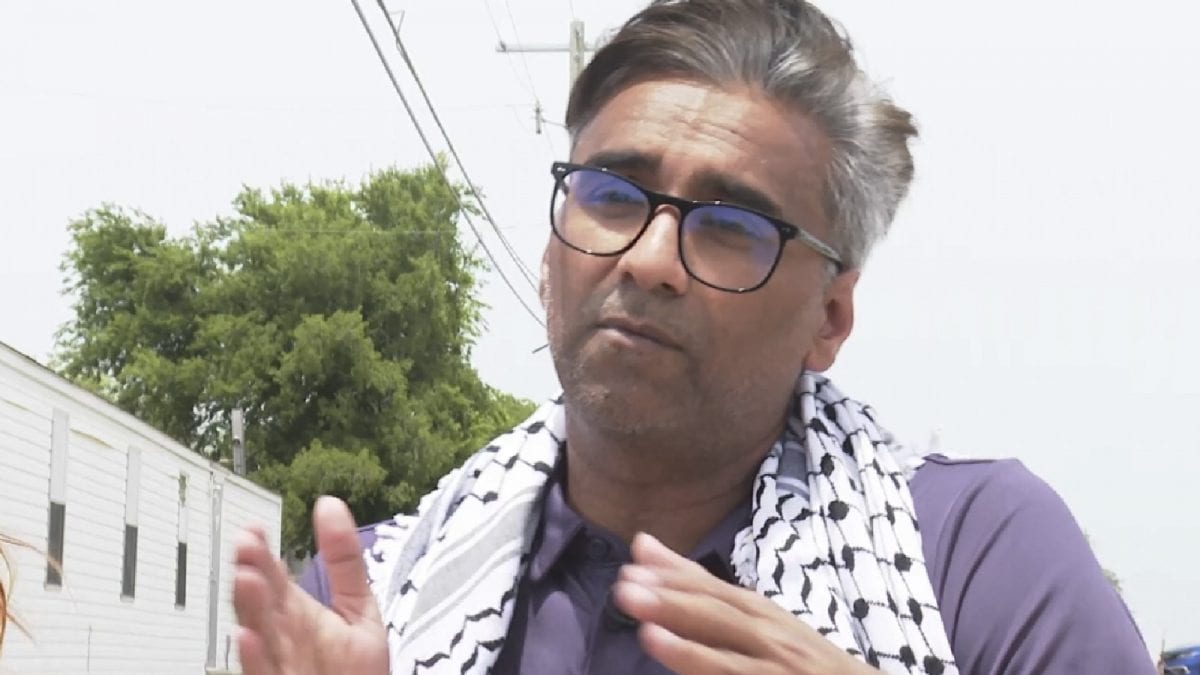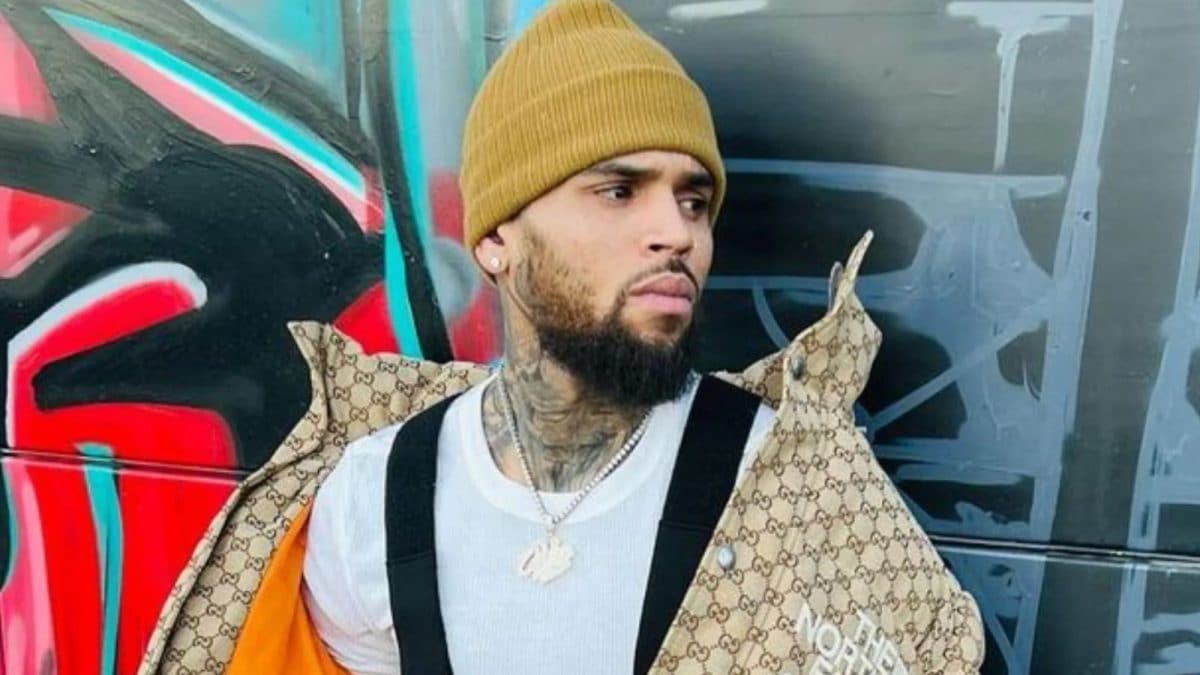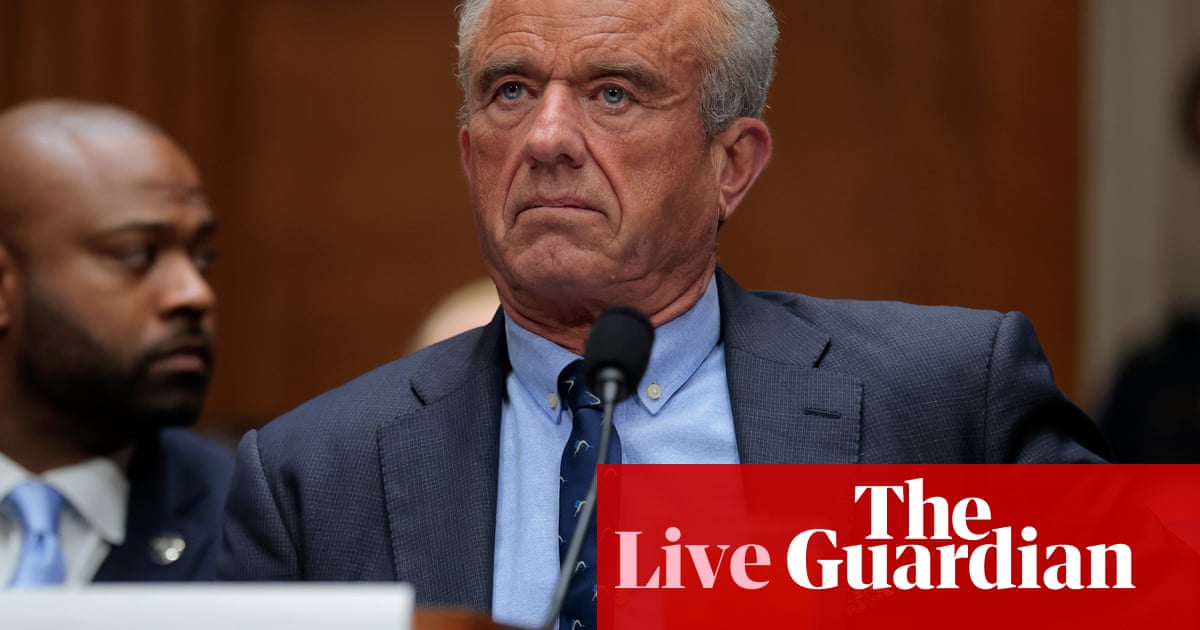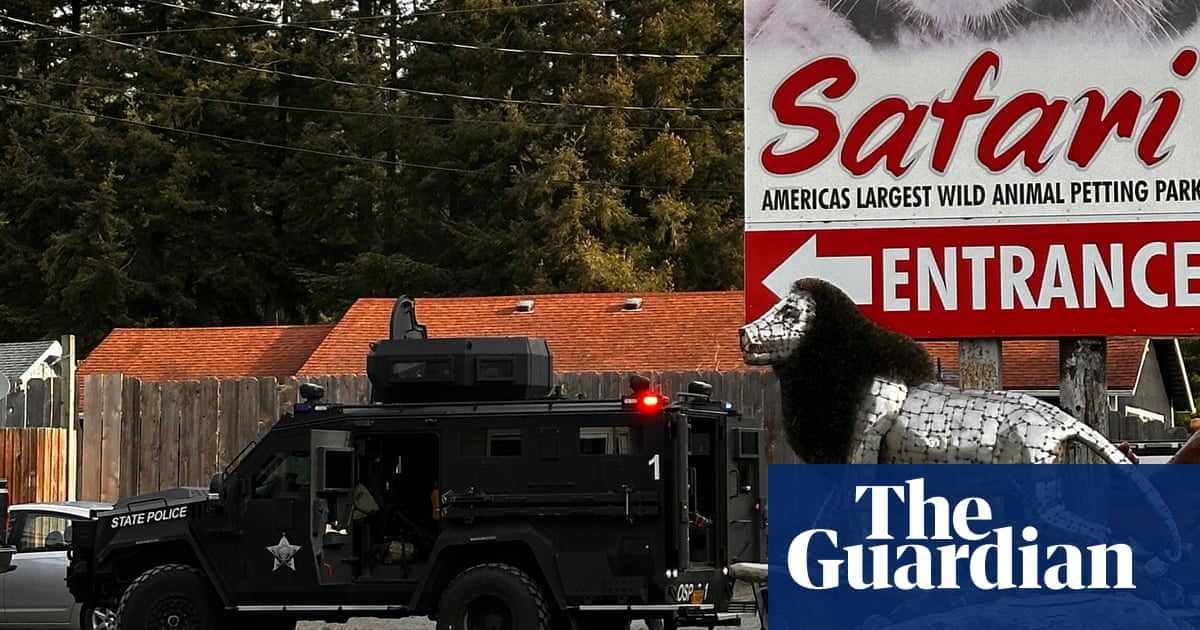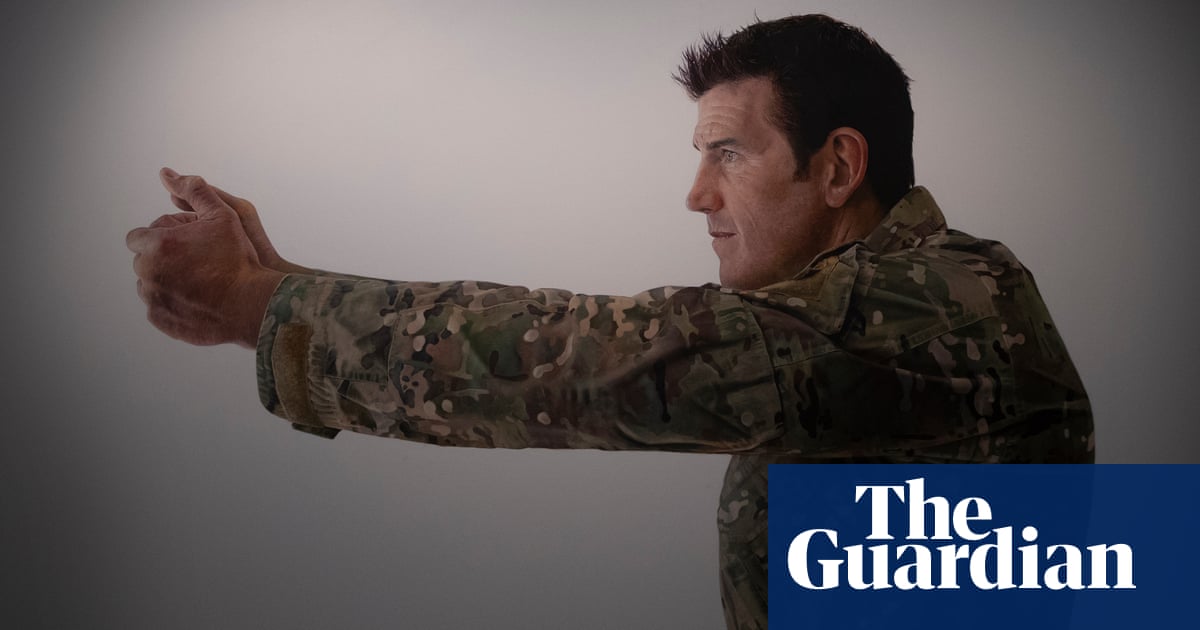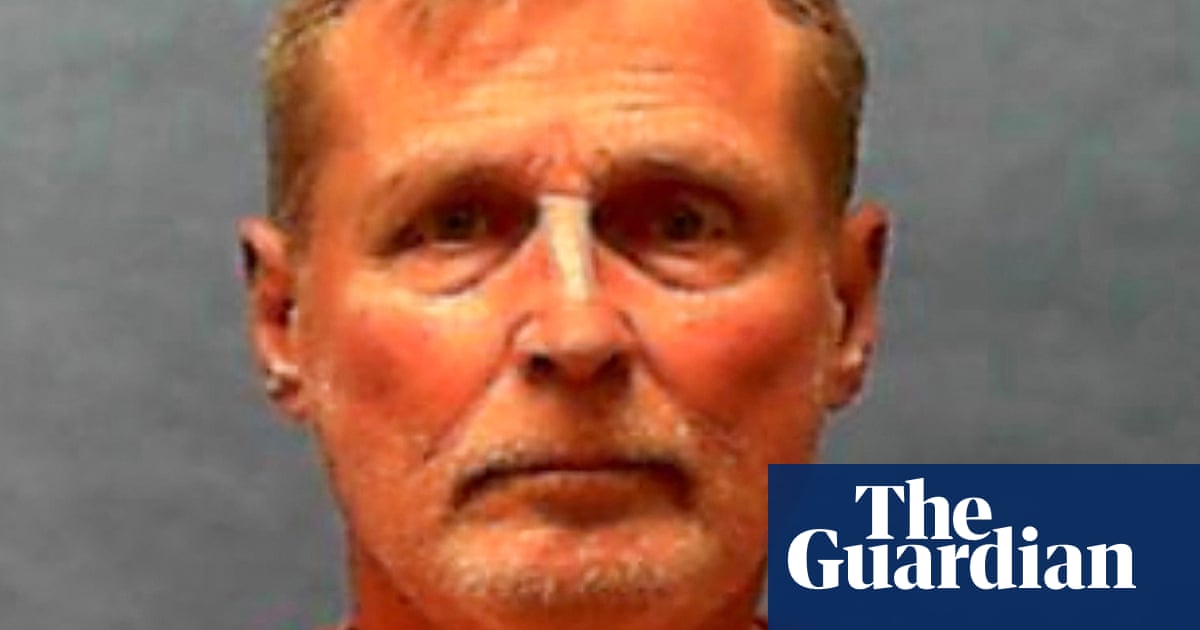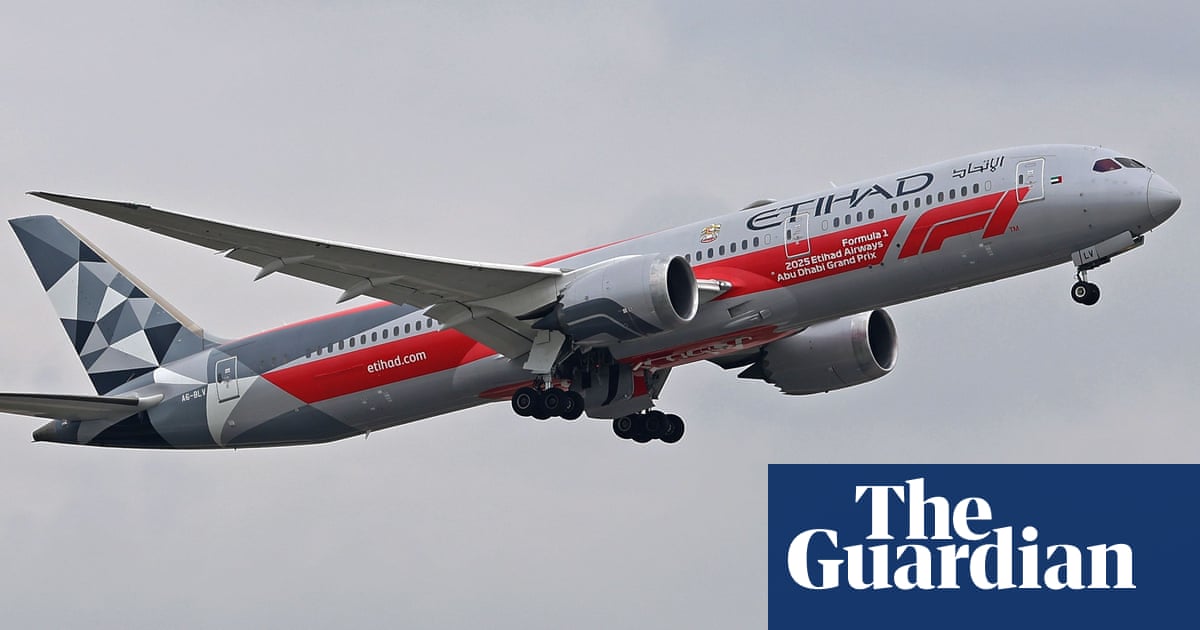Labor calls for real rise in minimum wage

Patrick Commins
The Albanese government has advocated for an above-inflation rise in the minimum wage for nearly 3 million workers, ahead of the Fair Work Commission’s (FWC’s) annual decision next month.
In this morning’s submission to the FWC, the government said it “believes workers should get ahead with a real wage increase”.
The annual minimum wage determination affects 2.9 million employees. It’s currently $24.10 per hour, or $915.90 a week.
Last year the FWC granted a 3.75% increase.
Inflation was 2.4% in the year to March, and 2.9% in underlying terms.
In line with longstanding Labor practice, the government did not nominate a figure.
In contrast, employer groups, such as the Australian Chamber of Commerce and Industry, are arguing for an increase of 2.5-2.6%, citing the steep rise in costs for businesses.

The small business lobby group, Cosboa, says the increase should be between 2% and 2.5%, with a strong preference for the lower end of that range as employers will also be up for an extra 0.5% in compulsory super from July.
In contrast, the ACTU has advocated for an increase of 4.5% to help low-paid workers make up some of the lost ground to high cost of living over recent years.
In a joint statement, Jim Chalmers and employment and workplace relations minister Amanda Rishworth said their argument in favour of a real wage increase was “both economically responsible and fair”.
An increase in minimum and award wages is consistent with inflation sustainably remaining within the RBA’s target band, and will provide further relief to lower income workers who are still doing it tough.
While nearly a quarter of employees are on awards that are affected by the change in the minimum wage decision, only a tiny fraction – fewer than 200,000 – are actually paid the minimum wage.
Key events Show key events only Please turn on JavaScript to use this feature
Firefighters down helmets as Victoria tax hike ticked off
Volunteer firefighters have left their posts as a controversial Victorian emergency services tax hike passed into law in the dead of night.
Regional communities were without local brigades on Thursday night after crews took themselves offline as parliament debated legislation to enact the emergency services and volunteers fund.
The Country Fire Authority’s acting chief officer, Garry Cook, said leaders were working to understand whether it was in protest against the incoming levy.
“The word strike, I probably wouldn’t use that,” he told ABC Radio Melbourne on Friday morning.
But what we’ve done is had brigades book themselves off by saying that [they have] a shortage of crews available to respond.
The bill to establish the levy passed the Victorian parliament in the early hours of Friday after the state Labor government brokered a deal to secure crossbench support.

The levy will replace the fire services property levy from 1 July and expand coverage to other emergency and disaster bodies, including the State Emergency Service.
It was originally projected to lift the average annual bill for residential homeowners by $63 and $678 for primary producers, sparking protests from farmers and firefighters on the steps of state parliament.
But under last-minute changes, the Allan government agreed to lower the rate for primary production land and rebates for CFA and SES volunteers and life members.
Farmers will also be offered partial rebates but they are limited to those eligible for a temporary drought support package.
The agriculture minister, Ros Spence, announced $15.9m to expand the program to another 13 local government areas, taking the total to 24.
The expanded levy was originally forecast to raise an extra $2.14bn over the next three financial years when unveiled in the mid-year budget update.
– Australian Associated Press
Labor calls for real rise in minimum wage

Patrick Commins
The Albanese government has advocated for an above-inflation rise in the minimum wage for nearly 3 million workers, ahead of the Fair Work Commission’s (FWC’s) annual decision next month.
In this morning’s submission to the FWC, the government said it “believes workers should get ahead with a real wage increase”.
The annual minimum wage determination affects 2.9 million employees. It’s currently $24.10 per hour, or $915.90 a week.
Last year the FWC granted a 3.75% increase.
Inflation was 2.4% in the year to March, and 2.9% in underlying terms.
In line with longstanding Labor practice, the government did not nominate a figure.
In contrast, employer groups, such as the Australian Chamber of Commerce and Industry, are arguing for an increase of 2.5-2.6%, citing the steep rise in costs for businesses.

The small business lobby group, Cosboa, says the increase should be between 2% and 2.5%, with a strong preference for the lower end of that range as employers will also be up for an extra 0.5% in compulsory super from July.
In contrast, the ACTU has advocated for an increase of 4.5% to help low-paid workers make up some of the lost ground to high cost of living over recent years.
In a joint statement, Jim Chalmers and employment and workplace relations minister Amanda Rishworth said their argument in favour of a real wage increase was “both economically responsible and fair”.
An increase in minimum and award wages is consistent with inflation sustainably remaining within the RBA’s target band, and will provide further relief to lower income workers who are still doing it tough.
While nearly a quarter of employees are on awards that are affected by the change in the minimum wage decision, only a tiny fraction – fewer than 200,000 – are actually paid the minimum wage.
Court orders Pesutto to pay $2.3m in costs over Deeming defamation

Benita Kolovos
Former Victorian opposition leader John Pesutto has been ordered to pay $2.3m in costs after losing a defamation case brought by Liberal MP Moira Deeming.
Federal court registrar Alison Legge made the ruling during a short hearing on Friday. She said:
It is uncontroversial that the purpose of a costs order is not to punish the unsuccessful party. The purpose – no more and no less – is to compensate the successful party.
Sophisticated phishing scam impersonates Australia Post
People are being urged to be on alert as a sophisticated scam is circulating in text messages and emails, impersonating one of the country’s largest organisations.
Dubbed “Darcula”, the phishing scam sends out fraudulent messages claiming that a delivery from Australia Post failed due to an invalid postcode.
It lures recipients into clicking malicious links, designed to steal personal information.
The scam uses advanced techniques to bypass telco and network filters, allowing it to spread over iMessage and Rich Communication Services.
It comes as new data released by the postal giant reveals that more than 90% of Australians have been targeted by scammers in their lifetime.

Meanwhile, 74% of people have reported that scams commonly impersonate shipping and parcel delivery.
This is a worrying statistic, according to Adam Cartwright, chief information security officer at Australia Post.
He said it has never been more important to rely on trusted channels when managing deliveries.
If you’re expecting a parcel, don’t click on suspicious links or respond to unexpected messages, always check the [AusPost] app first.
Australians reported close to 250,000 scams last year, with financial losses totalling $318.8m according to the Anti-Scam Centre’s Scamwatch service.
Phone scams had the highest overall losses for contact method with $107.2m reported lost across 2,179 reporters.
– Australian Associated Press
Ben Roberts-Smith loses bid to overturn defamation loss

Kate Lyons
Ben Roberts-Smith has lost his appeal against a defamation case ruling, with three justices of the federal court agreeing he was not defamed by Nine newspapers and journalists Nick McKenzie and Chris Masters when they published reports in 2018 which claimed he had committed war crimes.


Josh Taylor
eSafety chief faces new lawsuits from X and Telegram over rules on child abuse material
The Australian online safety regulator, the eSafety commissioner, is facing two new lawsuits from Elon Musk’s X and Telegram over moves to force the platforms to comply with regulations around child abuse material.
Telegram is challenging in the federal court a nearly $1m fine issued in February for failing to respond on time to questions about what the company does to tackle terrorism and child abuse material on its platform. Telegram has argued it complied with the reporting requirements.
It’s the second challenge of such a fine, with a similar case launched by X still ongoing.
This week X has also separately launched a legal challenge related to eSafety standards around what action platforms need to take to stop child abuse material on their platforms, which are due to come into effect next month.
An eSafety spokesperson said:
eSafety is aware X has filed a judicial review in the federal court as to whether eSafety’s relevant electronic services (RES) standard should apply to its X platform. We are assessing the documents filed and will consider next steps accordingly.
The RES standard requires online platforms to take meaningful action to tackle the worst of the worst online content, including child exploitation and abuse material.
eSafety is prioritising its efforts on ensuring all platforms and services meet their obligations under the Online Safety Act to address high-impact and harmful content to keep Australians safe online.

Tom McIlroy
Ley says new deal with s shouldn’t be rushed amid internal push to scrap net zero
The opposition leader, Sussan Ley, says progress on a new cooperation agreement with the s will take time, promising productive talks amid an internal push to ditch net zero policies and even end the longstanding coalition with the Liberals.
Ley met with the s leader, David Littleproud, in Albury on Thursday for the first formal talks between the pair since the Coalition was thrashed in the 3 May election.
Read the full story:
Chemical probe in pipeline amid clean water scrutiny
Residents in a New South Wales tourist hotspot are awaiting the latest in a string of investigations of cancer-causing chemicals in their water supply.
Pfas, or per and polyfluoroalkyl substances, are a group of 15,000 highly toxic, synthetic chemicals resistant to heat, stains and grease, dubbed “forever chemicals” because of their inability to break down.
High-level contamination was detected in the drinking water catchment serving 30,000 people in the NSW Blue Mountains in mid-2024.
Pfas levels were found to be about 300 times higher than Sydney’s main drinking water source but they still met Australian guidelines for safe drinking water.
A WaterNSW investigation into Blue Mountains drinking water is set to be released on Friday.
John Dee, a veteran environmental activist who started the group Stop Pfas, has urged the buck-passing between various agencies such as Sydney Water, the NSW Environmental Protection Authority and WaterNSW to stop.
It’s been shown that Sydney Water and WaterNSW have not been fully transparent with the Pfas testing of our local drinking water.
Dee has called for a single, independent statewide authority with comprehensive responsibility for overseeing Pfas contamination management and removal.
– Australian Associated Press

Luca Ittimani
Homes over $1m proliferate across country
One in three Australian homes are now worth $1m or more, a share that’s tripled over the past decade as surging demand and slow-growing supply worsen housing affordability, new data shows.
Ten years ago, just one in 10 homes around the country had broken the million-dollar threshold, but that has soared, led by the capital cities, where four in 10 are now over $1m.
In regional Australia, two in 10 have cracked that barrier, or nearly 20%, where only 0.5% had reached that level a decade ago.
Cotality’s head of research, Eliza Owen, said the data out today reflected that Australia was a wealthy nation where some could afford to spend millions on homes, but high prices had driven up household debt and priced younger generations out of home ownership. She said:
The rate of home ownership has gradually declined over time, particularly among younger, low-income households where income cannot keep pace with growth …
With values expected to continue rising on the back of rate falls in 2025, the wealth divide between homeowners and non-homeowners is also likely to expand.

We’ll get a sense of just how far interest rates will fall on Tuesday when the Reserve Bank meets and decides whether to deliver a second cut this year.
In Sydney, nearly two in three homes have surpassed $1m in value, or about six in 10. For Brisbane it’s about four in 10, Melbourne is just over three in 10, and it’s just under three in 10 in Perth and Adelaide.
At the other end of the scale, Hobart went backwards from two in 10 to one in 10, while Darwin has held steady with less than one in 50 cracking $1m.
PM bound for Rome for papal mass and talks with world leaders

Tom McIlroy
After a flying visit to Jakarta on Thursday, Anthony Albanese is on his way to Rome on Friday.
The prime minister met with Indonesia’s president, Prabowo Subianto, for the first time, part of his first international trip since his 3 May election victory. The visit to Rome for the inaugural mass of Pope Leo XVI was added on after the papal conclave wrapped up.
Despite the historic nature of events at the Vatican on Sunday, the mass might be overshadowed by planned meetings with world leaders. Albanese has flagged he intends to hold pull aside meetings, an agenda which could include talks with French president Emmanuel Macron and Canadian prime minister Mark Carney.
It appears unlikely Albanese will meet US president Donald Trump. Signals from the White House suggest the American delegation will be led by Vice-president JD Vance. That could mean the first talks between Albanese and Trump happen next month during the G7 leaders meeting in Canada.
A possible visit to the White House is also being speculated as part of that trip.
Albanese this week politely declined an offer of honorary citizenship from the Italian city of Barletta, the birthplace of his late father, over fears the gesture could conflict with Australia’s constitutional rules on foreign allegiance.
Barletta, about four hours from Rome, is not part of Albanese’s trip. His father, Carlo, lived there until his death in 2014.

Woman charged after alleged bomb threats sent to Queensland childcare centres
A 50-year-old woman has been charged over five bomb hoaxes sent to childcare centres and a primary school in Brisbane yesterday.
Queensland Police allege a series of threatening messages were sent to childcare centres and a primary school in Bayside early Thursday morning. They also allege the woman was not known to or connected with the centres or school.
On Thursday afternoon, detectives charged a Cleveland woman with “five counts of making a bomb hoax – falsely inform bomb present”.
Police investigations found there was no risk to any children or the community. The woman will appear before Cleveland magistrates court on 5 June.
Where Waters may take the Greens
One of those new party leaders is, of course, Larissa Waters, who took the mantle of Greens’ leader this week.
It’s said she was reluctant to become party leader ahead of some more high-profile names. But she is regarded by colleagues as smart, warm and friendly, and – perhaps crucially – is seen as pragmatic by Labor counterparts with whom she will have to deal if she wants to help the government be bolder.
Our chief political correspondent, Tom McIlroy, assesses where she might take the party.
What the party leadership changes could mean to Australian politics – podcast
The Liberal party elected its first female leader in Sussan Ley this week, but she’s already fighting to keep the factional sharks at bay. Same goes for the s, who’ve re-elected David Littleproud in a leadership challenge that revealed deep divisions. The Greens also elected a new leader on Thursday, but will that mean a change in strategy after their stinging election loss?
Reged Ahmad talks to head of newsroom Mike Ticher, national news editor Jo Tovey and chief political correspondent Tom McIlroy about whether changes in leadership could mean a change in our politics.
Listen to the podcast here:
Court to rule on John Pesutto costs over Moira Deeming defamation case

Benita Kolovos
Former Victorian opposition leader John Pesutto will learn today what costs he will have to pay after losing a defamation case brought by Liberal MP Moira Deeming.
Federal court registrar Alison Legge will rule on costs during a short hearing this morning, which begins at 10.30am.
It comes after the court in December found Pesutto defamed Deeming by falsely implying she sympathised with neo-Nazis and white supremacists, and ordered he pay $300,000 in damages. According to several senior Liberal sources, he is also yet to pay hundreds of thousands to his legal team.

In an earlier hearing, Deeming’s lawyers had said they were seeking $2.4m from Pesutto, mostly to pay back a loan that the New South Wales property developer Hilton Grugeon offered the MP to cover her legal expenses.
Both parties hired top defamation barristers for the weeks-long trial, with Sue Chrysanthou SC representing Deeming and Dr Matthew Collins KC representing Pesutto.
Liberal sources say the ruling could force Pesutto to declare bankruptcy, which would disqualify him from being a member of parliament and trigger a byelection in his seat of Hawthorn, held by a slim margin of 1.74%.
They say Liberal figures have been exploring the possibility of the party or donors covering Pesutto’s costs in an effort to stave off a byelection.
As few as ‘30, 40, 50’ votes still to come in by midnight in some seats – AEC
Australian Electoral Commissioner Jeff Pope was speaking on ABC Radio this morning.
Two weeks out from the federal election, there are only a few thousand votes still expected to come in by midnight tonight – that is only as few as “30, 40, 50” in some seats.
Asked about the number of informal votes, Pope said “it is looking pretty similar to previous elections for the House of Representatives”:
It’s coming in nationally I think around about sort of 5%. You’ll get some divisions a bit below that, some a bit above, a few well above, regrettably. But it’s nationally coming in around about the same as what it has for the last few federal elections.
Ley says she’ll bring ‘different approach’ than Dutton to Liberal leadership
Sussan Ley says she and former opposition leader Peter Dutton have different leadership styles and personalities.
The new opposition leader appeared on Today a short while ago and was asked if she is “partly responsible” for the Liberal’s recent election loss as Dutton’s deputy.
Ley responded:
We all have to accept responsibility and I don’t step back from that, and after every election we look at what went wrong, at what we didn’t do that we should have done, and we’ll do that in an open and transparent way – and that will of course happen.
But now is about the future, it is about the next election, it is about the team that I lead, and it is about optimism and a sense of purpose, and always remembering that we are elected … I’m elected here in my seat representing my community. My colleagues and their own individual life experiences bring tremendous passion and tremendous determination for that future that we want to provide for the Australian people. As I said, to get up every day to work for them.
Peter Dutton and I have different styles, we’re different personalities, and I will bring a different approach to my leadership.

Ley’s elevation to leadership about ‘so much more’ than being female, she says
Asked what took the Liberal party “so long to elect a female leader,” Sussan Ley said her appointment “is about so much more than that”.
The opposition leader was speaking on Today earlier this morning:
I’m incredibly humbled to have the endorsement of my party room just a few days ago to be the leader of the Liberal party, it’s an incredible honour. Now, Karl, people reflect on the female aspect and I understand that and I want to say it’s significant, but my appointment is about much more than that. We didn’t meet the expectations of the Australian people at the last election. We have to change, we have to step up, we have to have a fresh approach.


 5 hours ago
5 hours ago


